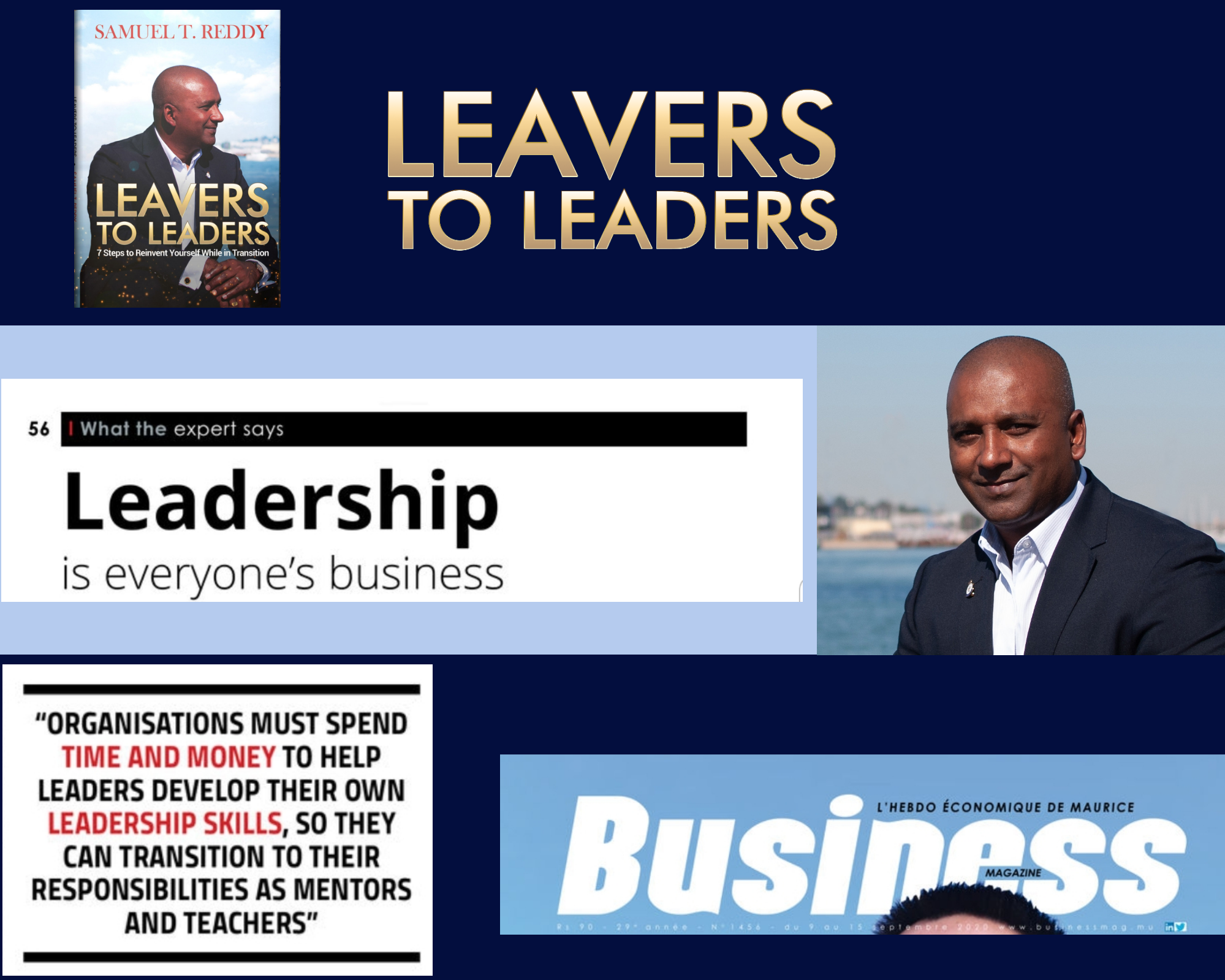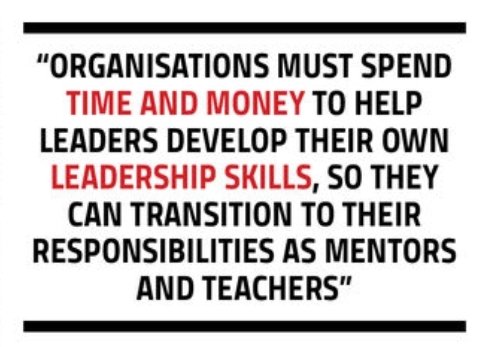Leadership can be challenging in the best of times. But in the unprecedented pandemic and economic crisis, even the best leaders are struggling with how to navigate turbulent waters.
For sure leadership is not management. Management strives for objectives; leadership goes beyond objectives to include relationships into the balance. Management can be memorised; leadership requires experience. Management is about skills; leadership is about skills coupled with character, spirit, personality and vision‐ it is an art. The difference between leadership and management can be traced to the relationships between people. Leadership is relationship. While managers care that a job gets done, leaders care that a job gets done and care about the people doing the job.
56Gallup recently reported a significant drop in the history of employees engagement. According to the report only 36% of employees are currently engaged in the US and 54% are not engaged while the rest are actively disengaged and going to work to spread unhappiness. We are seeing the same impact globally and textbook management alone cannot solve this lack of engagement but leadership can increase employees experience (EX).
Leadership skills improve through learning and practice and leaders who are working on leading oneself are always encouraging leadership in others.
A fit and healthy leader tends to encourage everyone to aspire to a rich and healthy lifestyle leading to an autonomy of personal growth usually associated by leading oneself and, in effect, creates leadership at every level. It’s as simple as that. The best way to create Leaders is by modelling the way and hence why leadership is everyone`s business, organisations must spend time and money to help leaders develop their own leadership skills, so they can transition to their responsibilities as mentors and teachers.
One of my favourite groups of leaders are teachers, and I enjoy mentoring them. The best teacher is someone who is competent at what he/she is teaching- especially for young children. Teachers who want to teach do so with enthusiasm and enthusiasm is contagious. Hence why a teacher can never tell how far the impact he/she is having on a child as the reward can be years later. Leaders tend to forget that people are watching them all the time, they listen to your talk and watch your walk online and offline. That’s how you build credibility. Would you like to follow someone who says one thing and does something else, someone who is not honest or credible?
So, if credibility is at the base of leadership then how does one lose it? It all comes down to moral values and the lack of a moral compass. Without a moral compass, leadership deteriorates and sometimes to an alarming degree. Men and women whose motivation and goals are to cause harm to the commonest good, and willing to use their ability to convince others to follow them, do an astonishing amount of damage. Being a leader in the true sense of the word requires more than being able to accumulate followers, it means being able to show them the way to somewhere worthwhile.
57In short, character counts. Personal values and philosophy count. And the ability to love counts. For those aspiring to Leadership, you must consciously choose moral and ethical standards, looking at your internal beliefs, values, attitudes, and behaviour and how you perceive others externally by knowing your strengths and weaknesses and what you will stand for and what you will not.
However, for entrepreneurs and business leaders, understand that business is indeed personal. Your people & clients will look at your credibility, not your status or qualifications. Credibility is the foundation of values. If people don’t believe in you, they won‘t believe in your products or services, they will certainly not believe in your message. So as a business leader work on your credibility first and foremost then on your products & services, it is the most powerful force which shapes people’s decisions to follow you willingly and remain loyal to your organisation’s products or services. People want to know what the leaders are up to, what they are doing online and with who are they talking offline. In the age of individualism, a faceless company with a logo will find it hard to stay in business because credibility is what people want, credibility is hard to build and easy to lose.
Credibility is what you do.
Whether you are in the public, private, educational, religious, volunteer or not-for-profit organisation, people are looking at your credibility to assist them and get extraordinary things done. But the most important part of leadership is, you matter, because you are most important to those closest to you. Leadership is inward, you don’t have to look up or down, it is within.
Anyone has the potential to create positive value, what you do counts and your actions can help others.
The world has seen how the people of Mauritius came together as one to protect our lagoons, this is leadership at best, there were no commanders or controllers, bosses and directors. I saw servers and supporters, partners and providers. this is why leadership is everyone’s business. So next time something happens, instead of blaming someone else, ask yourself what can you do and remember even when you get things wrong, understand which part you got right, and what you learned about what you got wrong.






